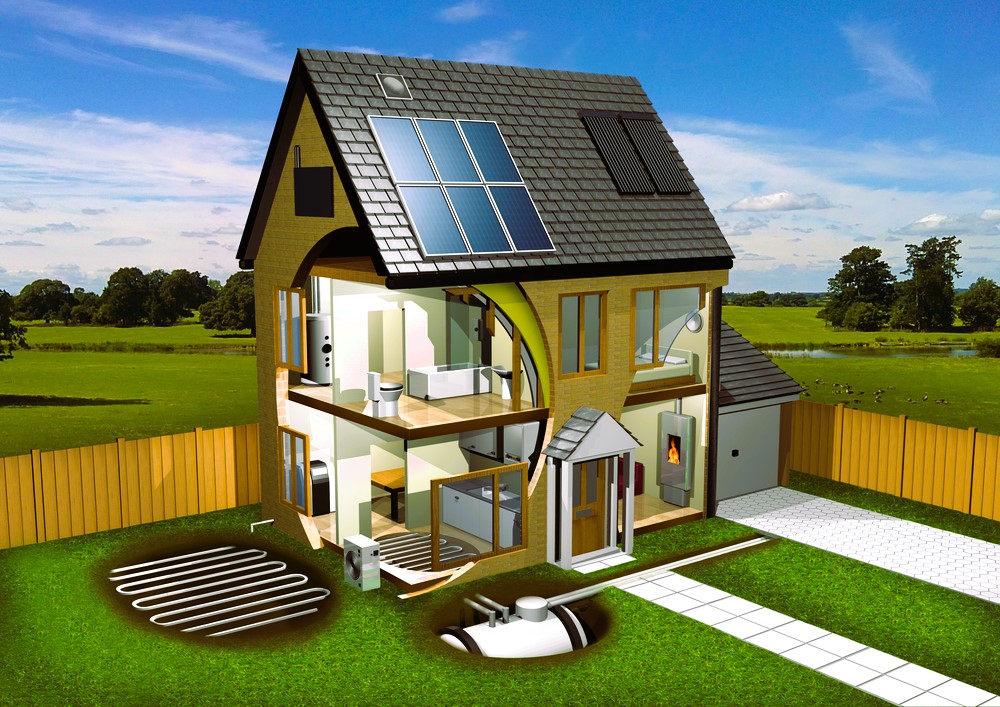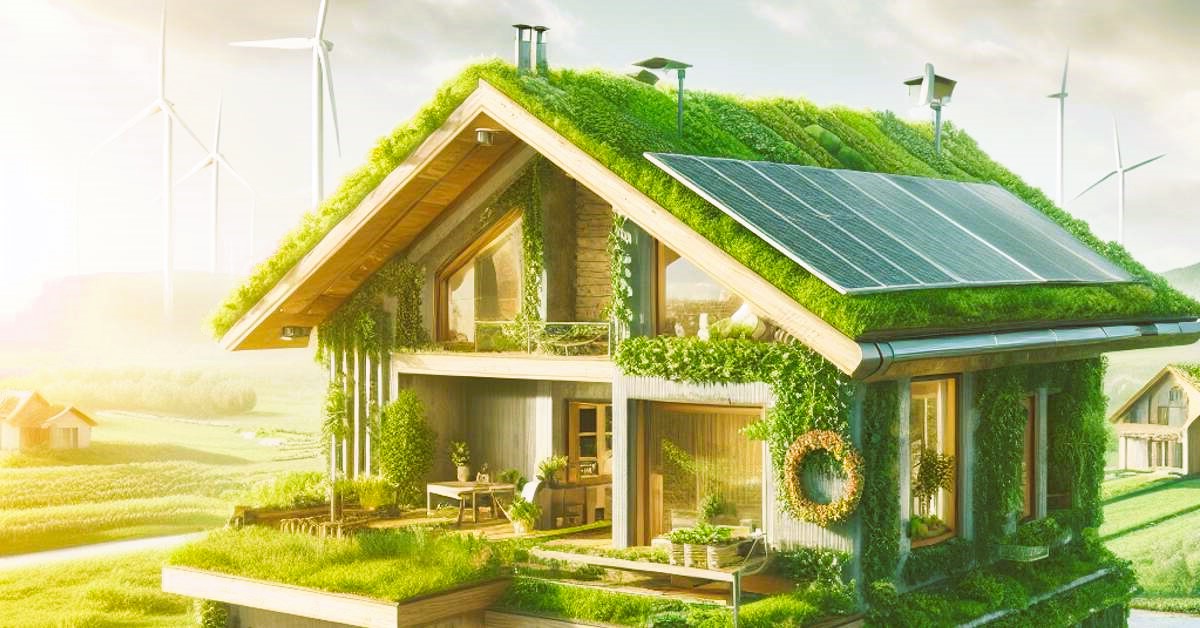With growing awareness of environmental issues and a shift towards sustainable living practices, there has been a notable increase in demand for eco-friendly home inspections in Canada. Homebuyers and homeowners are increasingly prioritizing energy efficiency, indoor air quality, and environmental sustainability when evaluating properties. In response to this demand, home inspectors are incorporating eco-friendly practices, technologies, and solutions into their inspection processes to promote greener and more sustainable homes. In this article, we’ll explore the rising demand for eco-friendly home inspections in Canada, the key components of sustainable home inspections, and the benefits of adopting eco-friendly practices in the real estate industry.
The Rise of Eco-Friendly Home Inspections
The demand for eco-friendly home inspections has been driven by several factors, including:
- Environmental Awareness: Canadians are becoming more conscious of the environmental impact of their homes and are seeking ways to reduce their carbon footprint and minimize resource consumption.
- Health and Wellness: Homeowners are increasingly concerned about indoor air quality, toxins, and pollutants in their homes, leading to a greater emphasis on green building materials and environmentally friendly practices.
- Government Incentives: Government incentives, rebates, and programs aimed at promoting energy efficiency and sustainability have incentivized homeowners to invest in eco-friendly upgrades and renovations.
- Market Trends: The real estate market is responding to shifting consumer preferences, with eco-friendly features and certifications, such as ENERGY STAR® ratings and LEED certification, becoming increasingly desirable among homebuyers.
Key Components of Sustainable Home Inspections
Eco-friendly home inspections focus on assessing various aspects of a property’s sustainability and environmental impact. Key components of sustainable home inspections include:
- Energy Efficiency: Inspectors evaluate the home’s energy performance, including insulation levels, HVAC systems, windows, doors, and lighting fixtures, to identify opportunities for energy savings and efficiency improvements.
- Indoor Air Quality: Inspectors assess indoor air quality parameters, such as ventilation, humidity levels, and presence of pollutants or allergens, to ensure a healthy and comfortable living environment for occupants.
- Water Conservation: Inspectors examine water fixtures, appliances, and irrigation systems to identify leaks, inefficiencies, and opportunities for water conservation measures, such as low-flow fixtures and rainwater harvesting systems.
- Building Materials and Green Features: Inspectors evaluate the use of environmentally friendly building materials, such as recycled content, sustainably sourced wood, and low-VOC (volatile organic compound) paints and finishes. They also assess the presence of green features, such as solar panels, geothermal heating, and rainwater collection systems.
- Waste Management: Inspectors assess waste management practices, including recycling, composting, and disposal of construction debris, to minimize environmental impact and promote sustainable waste management practices. To address the growing problem of radon in Canadian homes, read our testing and mitigation strategies.
Benefits of Eco-Friendly Home Inspections

Eco-friendly home inspections offer numerous benefits for homeowners, buyers, and the environment:
- Energy Savings: By identifying energy efficiency upgrades and improvements, eco-friendly home inspections help homeowners reduce energy consumption, lower utility bills, and minimize greenhouse gas emissions.
- Improved Indoor Air Quality: By addressing indoor air quality issues, such as mold, radon, and volatile organic compounds, eco-friendly home inspections create healthier and more comfortable living environments for occupants.
- Enhanced Property Value: Homes with eco-friendly features and certifications command higher resale values and attract environmentally conscious buyers, leading to greater market appeal and competitiveness.
- Environmental Sustainability: By promoting sustainable building practices and green technologies, eco-friendly home inspections contribute to environmental conservation and resource preservation, helping to mitigate climate change and protect natural ecosystems.
- Health and Wellbeing: Sustainable homes promote the health and wellbeing of occupants by providing clean, safe, and comfortable living spaces that support physical and mental health.
In conclusion, the increasing demand for eco-friendly home inspections in Canada reflects a growing commitment to sustainability, energy efficiency, and environmental stewardship in the real estate industry. By incorporating eco-friendly practices, technologies, and solutions into their inspection processes, home inspectors can help homeowners and buyers make informed decisions, improve property value, and promote environmental sustainability. For more information on eco-friendly home inspections and sustainable living practices, visit Canada.ca.

